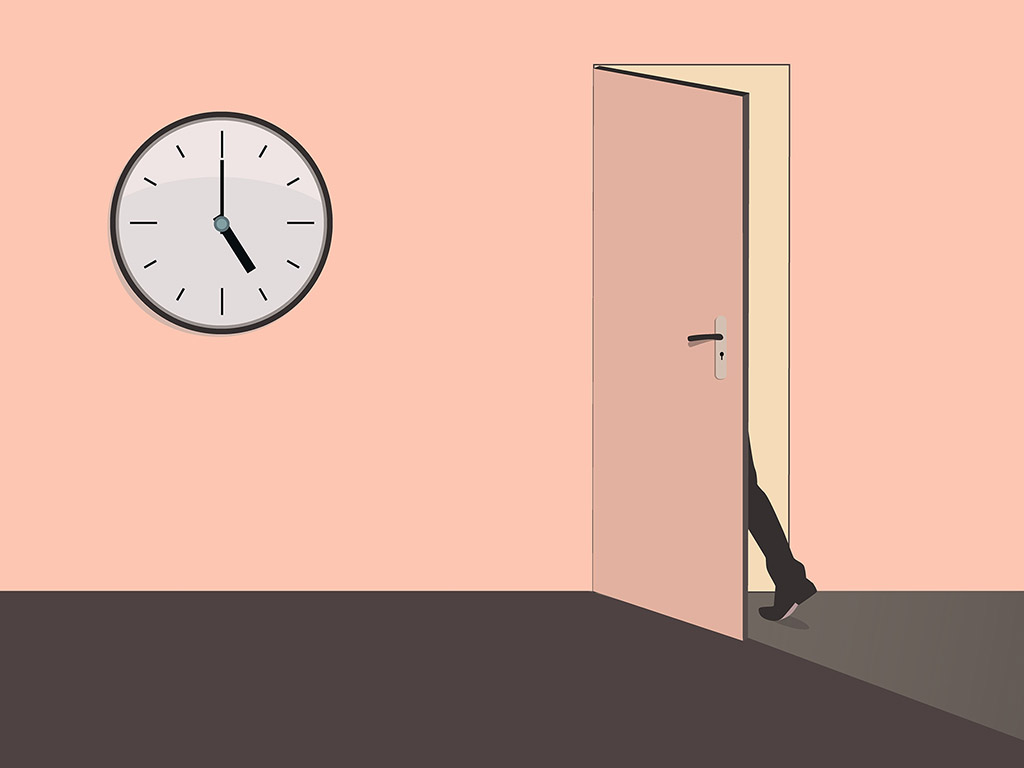We’ve all seen headline after headline. Post after post. “Quiet quitting” discussions are happening at rapid rates; a rallying cry for younger (for the most part) workers, while disgruntled bosses and managers weep quietly in corners. With all the buzz surrounding what is arguably one of the most trending topics in the post-pandemic work world, we couldn’t help but wonder…is it possible to do an excellent job without sacrificing some semblance of a life?
What is Quiet Quitting?
Quiet quitting is the idea that you should be fulfilling the most basic requirements of your career- nothing more nothing less. You don’t go above and beyond, you don’t take on extra work or initiate projects, you don’t work outside of designated work hours, and you prioritize a work-life balance above all else.
Ok, on paper, we can kind of get behind this idea. I think we can all agree that any sort of Devil Wears Prada work environments are toxic as heck and that we in American society tend to romanticize the “grind hard, hustle harder” mentality. We tie our identities to our jobs and feel guilty when we take breaks or rest. So it’s not all that surprising there is a new upswing of thought surrounding the idea of a more balanced way to live, especially after quarantine when we had all the time in the world to take 87 walks a day in between sourdough experiments.
Ok, but, Shouldn’t You Try Your Best?
While we feel like quiet quitting is a social response that’s responding to the, yes, problematic hustle culture trends of decades past, we can’t help but feel like (as with most things) there is a middle ground here. First, we’d like people to ask themselves one very important question:
Do you actually like what you do?
Because here’s the thing: we love marketing. We’ve been very careful to curate a team of people who also love marketing. This is not to say we expect marketing to be our identity as individuals apart from work BUT when we get to the office, we are genuinely excited to see what the day holds for us and our clients.
If you hate what you do, whether that’s teaching or tap dancing on a street corner, you’re going to dread it every day. You’re going to feel overworked and underappreciated because you inherently despise what you’re doing. It’s not your boss’s fault here, nor is it the work culture per se, but the fact that even fulfilling minimum job requirements for a job you don’t like is going to feel tedious.
If you find purpose in your position, and you enjoy your coworkers and the process of completing projects, then yeah, you’re more likely to not mind if a meeting goes over every once in a while. You’re not going to constantly be seeking ways to get to the end of the day faster or duck out early.
In this same vein, the concept of doing more than your “fair” share is again, a grey area. If you enjoy your work, you won’t mind ensuring that every aspect is your personal best. If you care about your coworkers, you won’t mind if they ask you for help or input every now and then. If you work in a positive and supportive office, then your boss and team probably value a work-life balance not only because family is important, but because rest makes employees more productive and more willing to be flexible in their expectations of a work day, even if you have to stay late every once in a while.
If you like what you do, and you enjoy the people you get to do it with, then chances are going above and beyond isn’t a chore, it’s just how you operate. Therefore, we’d argue that quiet quitting is less about doing the bare minimum in the face of a demanding capitalistic society, and more a result of working in the wrong profession or office for you as an individual.
We suppose it’s true what they say- If you love what you do you won’t work a day in your life (or at least, you won’t feel like you do).
